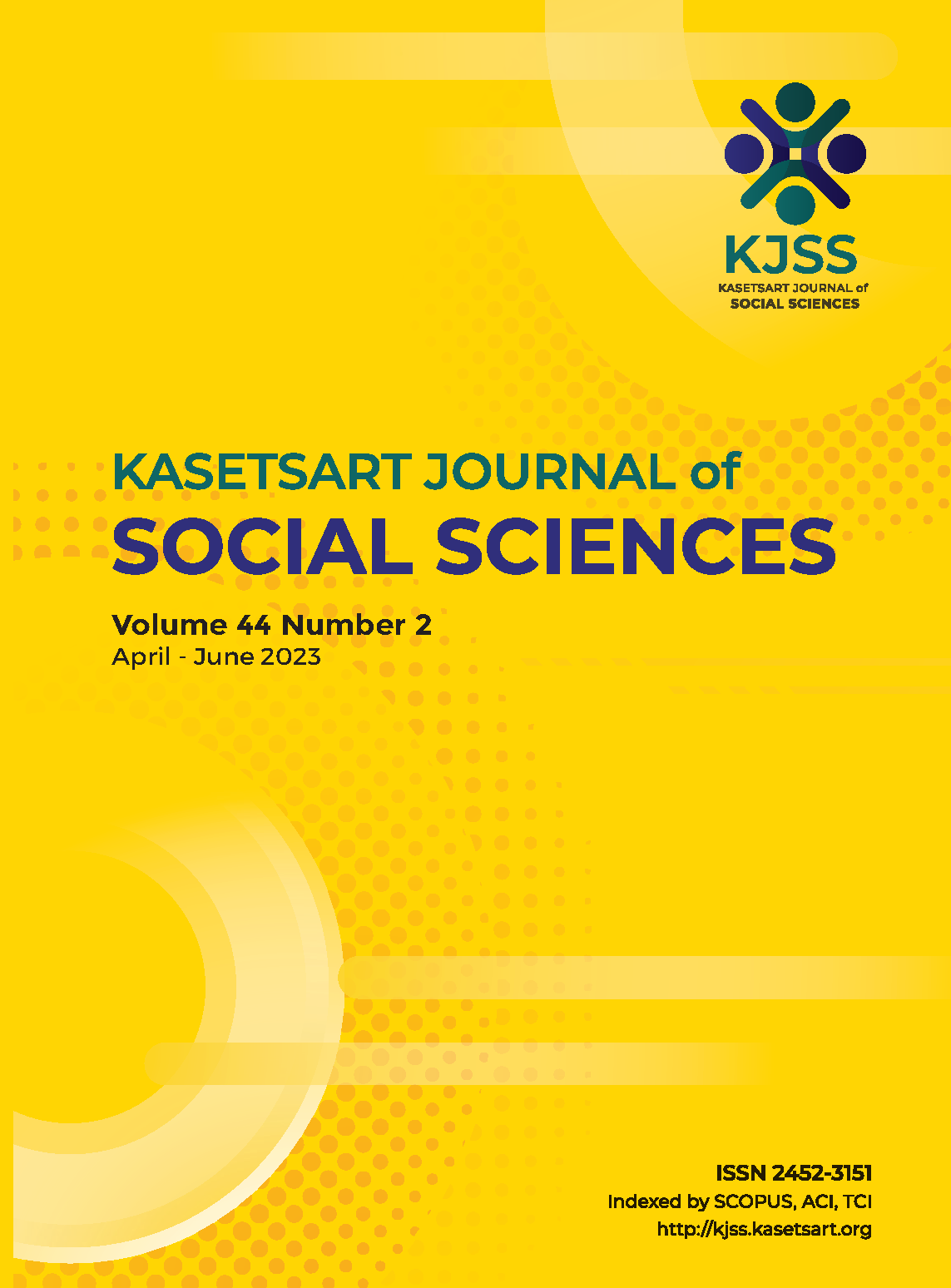A study of Thai EFL learners’ problems with using online tools and dictionaries in English-to-Thai translation
Keywords:
dictionary use preference, EFL learners, online tools,, translation problems, translation taskAbstract
Online tools and dictionaries play a critical role in teaching translation. While these tools are normally beneficial to students, they can present several problems. This study aimed to investigate the translation problems that arise as a result of the usage of online tools and dictionaries in online translation classes. The participants of the study comprised 66 third-year English major students enrolled in a course called “General Translation 2” at a university in Thailand. The data collection methods used were a translation task and a student record form. Prior to completing the translation task, the participants received training in how to use dictionaries and online tools. The task required participants to read a news article from the BBC website and then translate it into Thai. After completing the task, participants were asked to list the English words they found interesting or those for which they sought additional information, as well as the online tools they used to complete the task. The types of translation problems were identified and analyzed at the word level. These errors were examined by frequency and percentage, and the types of online tools used by participants were recorded. The study’s findings indicate that 15 problematic terms frequently result in misinterpretation. Three major problems arose as a result of participants’ excessive reliance on Google Translate, their failure to transliterate (proper noun) into Thai, and their lack of context awareness. In summary, the findings may inform online teaching and learning in translation courses during and following the COVID-19 pandemic.
Downloads
Published
How to Cite
Issue
Section
License

This work is licensed under a Creative Commons Attribution-NonCommercial-NoDerivatives 4.0 International License.
This is an open access article under the CC BY-NC-ND license http://creativecommons.org/licenses/by-nc-nd/4.0/










